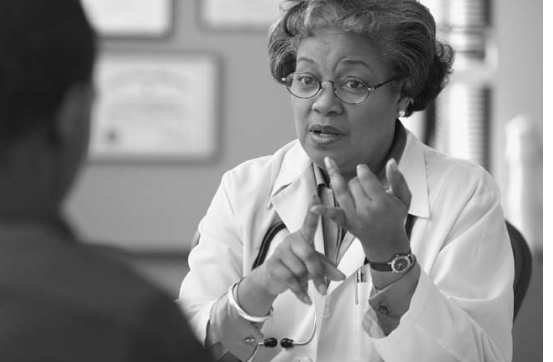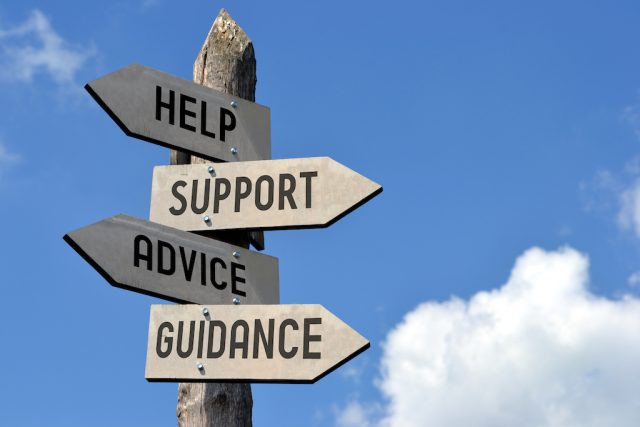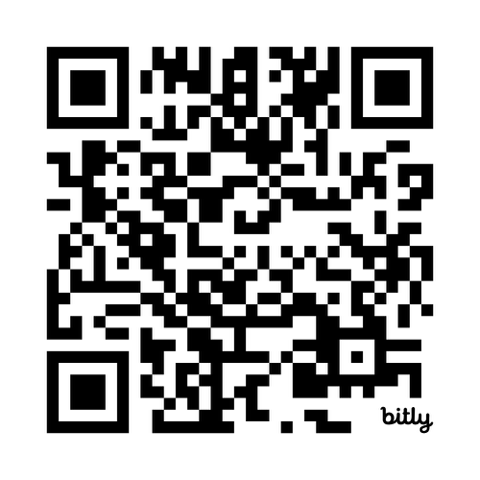Blacks, Substance Abuse & Mental Health
- 11
- Nov
Address Mental Health Issues Before Addiction Takes Control
 The need is great. According to the U.S. Department of Health and Human Services Office of Minority Health (HHS), “African Americans are 20% more likely to report having serious psychological distress than Non-Hispanic Whites.
The need is great. According to the U.S. Department of Health and Human Services Office of Minority Health (HHS), “African Americans are 20% more likely to report having serious psychological distress than Non-Hispanic Whites. Binge drinking is another significant issue that affects a large portion of the U.S. population. SAMHSA states that the rate of binge drinking is a problem in the African American community (21.6%) as well as the nation overall (23%). In past years, this number was significantly less for Blacks, especially among young people.
Binge drinking is another significant issue that affects a large portion of the U.S. population. SAMHSA states that the rate of binge drinking is a problem in the African American community (21.6%) as well as the nation overall (23%). In past years, this number was significantly less for Blacks, especially among young people.
The real issue is when drinkers and drug users go overboard and become addicted.
The American Society of Addiction Medicine notes that “addiction is a primary, chronic disease of brain reward, motivation, memory and related circuitry.” Those with addiction often relapse, and often do so multiple times.
Addiction can progress and even disable an individual or possibly lead to an early death, pointing to the importance of more comprehensive preventative measures.
Studies have even shown that a person’s status in society can affect mental health. According to HHS:
- Adult blacks are 20% more likely to report serious psychological distress than adult white.
- Adult blacks living below poverty are two to three times more likely to report serious psychological distress than those living above poverty.
- Adult blacks are more likely to have feelings of sadness, hopelessness, and worthlessness than are adult whites.
- While blacks are less likely than whites to die from suicide as teenagers, black teenagers are more likely to attempt suicide than are white teenagers (8.2% vs. 6.3%).
 Also of concern is post-traumatic stress syndrome (PTSD). The Office of Minority Health says African Americans of all ages are more likely than non-Hispanic whites to suffer from PTSD as a result of being victims of serious violent crimes.
Also of concern is post-traumatic stress syndrome (PTSD). The Office of Minority Health says African Americans of all ages are more likely than non-Hispanic whites to suffer from PTSD as a result of being victims of serious violent crimes.
As with many other communities, mental illness is regularly stigmatized among the African Americans, and often viewed as a personal weakness. The National Library of Medicine has found that stigmatization contributes to how low treatment-seeking among African Americans means potential problems go untreated and lead to devastating outcomes.
There is some belief in the African American community that mental illness will get better on its own. The preponderance of Caucasian practitioners is noted as a reason that professional help is not sought.
In fact, it is often thought that turning to family and/or religion is a way to cope with mental illness.
Prayer circles help, without doubt. In addition, there is a need for culturally-educated and experienced practitioners that can address the intersection of poverty and mental illness and provide some form of intervention that prevents addiction and worse.
Prevention will be all the more important if current public health programs are dismantled by the new administration in Washington.
–Rev. Niamo Nancy Muid
This article is adapted from a report by U.S. Health Corps, an office of the National Institutes of Health that places approximately 15,000 primary care providers in “provider-shortage communities” across 2,500 sites around the country.





